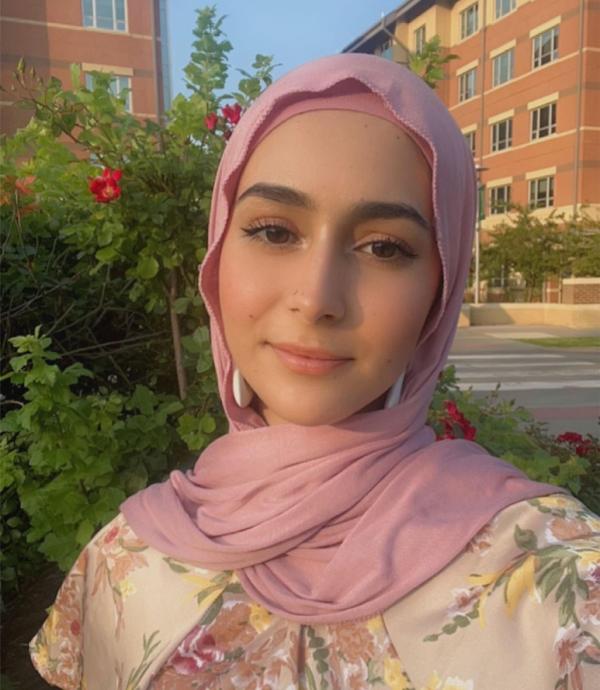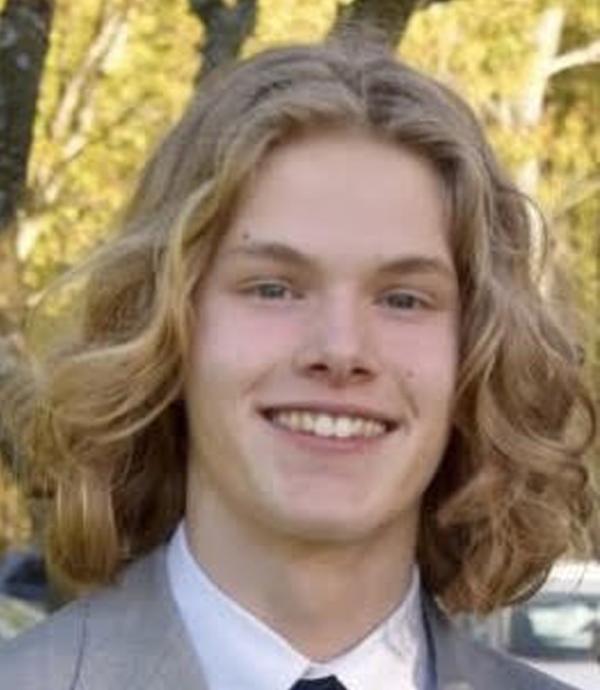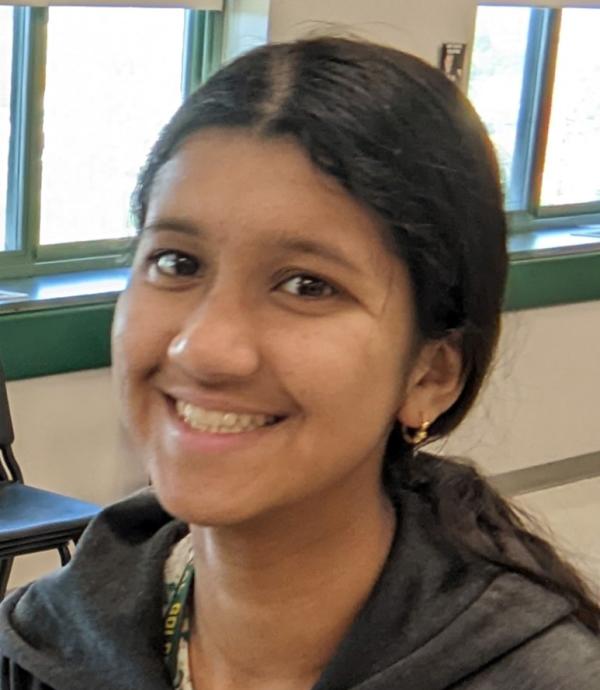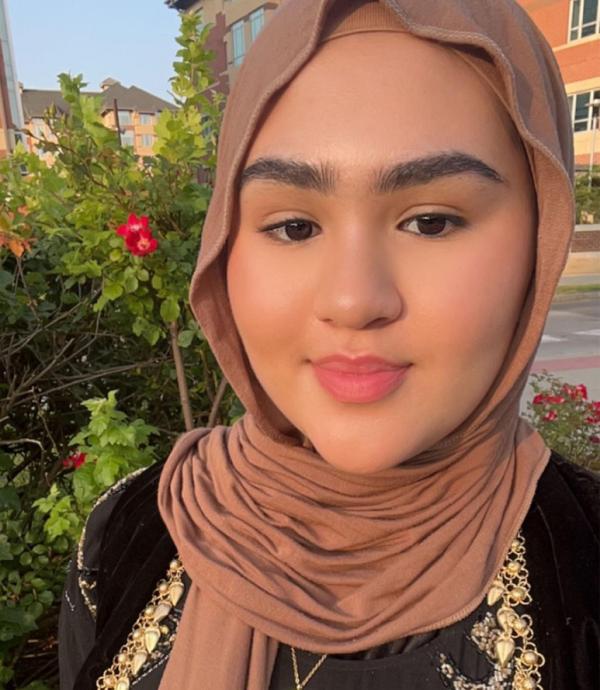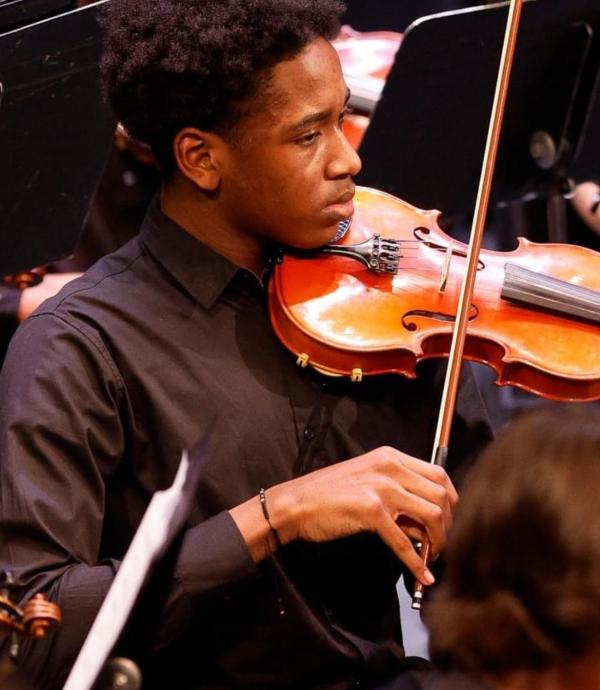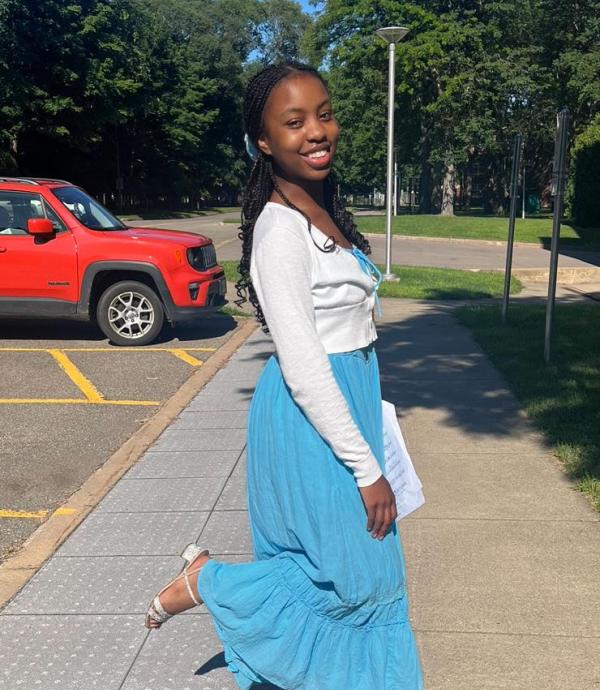Circular Visions: Binghamton and Circularity through the eyes of high school students
2023 - Ongoing

Circular Cities and Research to Action is a program of the Just Places Lab that connects Cornell students to high school students in the Binghamton area to identify opportunities to work toward a more circular and sustainable built environment in their community. Founded by Najeh Abduljalil and Alisha Starr Robbins, undergraduate students in the Urban Regional Studies program at Cornell, this community-engaged project is dedicated to cultivating the development of high school students by enriching their community engagement experiences, helping them to develop research skills, and nurturing proficiency in public speaking and communication across various media.
In 2025, the faculty of the Department of City and Regional Planning chose the course CRP 3850/5850: Circular Cities and Research to Action for their work on Circular Visions: Binghamton through the Eyes of Youth to receive the New York Upstate Chapter of the American Planning Association Award for Outstanding Student Project.
The program has worked with two cohorts of high school students from Binghamton and Vestal area high schools in 2023 and 2024. Cornell students enrolled in Dr. Minner's class CRP 3850/5850 Circular Cities and Research to Action led the curriculum in Fall 2024. They worked with high school co-researchers to explore planning and design-based approaches and produce media to reach policy-makers and the community. In Fall 2025, Cornell researchers will work with a third cohort of high school students.
As of Spring 2025, a team of Cornell researchers in the Just Places Lab including lead researcher August Guba (URS '28), Nikhil Mathew (MRP '26), Daphne Okuyama (E&S '25), and Jessi Guo (MRP '25) is planning for the third year of this program. The team is advancing multiple initiatives, including recruitment efforts for the third cohort of high school students, ongoing refinement of the educational manual, curriculum outlines for fall implementation, and the production of social media content from their past and current projects. Through strategic engagement with policymakers, educators, and community stakeholders, the team is strengthening dialogues about circularity and policy change in collaboration with youth. Dr. Jennifer Minner leads the effort as a faculty mentor, supporting both high school and university students in the program.
Using Photovoice, participating high school students gather photographs and videos and then employ interview techniques to interrogate what they have observed in their community. Previous workshops have included methods of estimating greenhouse gas emissions, community mapping to identify opportunities for building reuse, and the creation of creative media, such as zine-making and videography.
In fall 2023, Just Places Lab researcher Dingkun Hu, Andrew Boghossian (Circular Construction Lab), and student leaders Najeh Abduljalil, Evan Dickinson, and Sebastian Dunbar were instructors for the program. The high schools learned about how to take drone photography, estimated the embodied carbon in an existing building using tools produced by the Circular Construction Lab, and produced a zine that presents building reuse and deconstruction scenarios for the vacant Masonic Temple in Binghamton.

Download a printable and foldable PDF of the zine:
August Guba
Lead Just Places Lab Researcher; High School participant from Binghamton High School (Fall 2023)

Photograph of Najeh Abduljalil and Alisha Robbins receiving a grant award from Cornell's Einhorn Office of Engagement Initiatives.
The program originated through the efforts of Najeh Abduljalil and Alisha Starr, undergraduate researchers in the Just Places Lab in the spring of 2023. The program was launched as Research-for-Change South Central New York and later known as Cornell Undergraduate Research to Action-Youth.It is now a participatory research initiative within the Just Placs Lab.
Before establishing this program, Najeh Abduljalil worked as a lead researcher at a youth-led research-to-action program in Reno, Nevada named Research for Change NV (R4CNV). Two professors at the University of Nevada recruited 15 low-income, first-generation high school students to study and act on issues such as uneven infrastructure development in Reno’s low-income neighborhoods and the death of Reno’s unhoused people during the city’s deadly winters.



